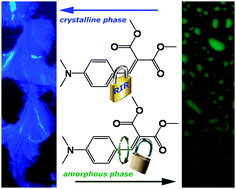 We are delighted to announce that Professor Benny Gerber has joined the Editorial Board of Physical Chemistry Chemical Physics (PCCP).
We are delighted to announce that Professor Benny Gerber has joined the Editorial Board of Physical Chemistry Chemical Physics (PCCP).
Professor Gerber received his B.S. degree in 1965 from the Hebrew University of Jerusalem and his D.Phil. in 1968 from the University of Oxford. He now splits his time between the Institute of Chemistry at the Hebrew University, Jerusalem and the University of California Irvine.
Within the broad fields of theoretical and computational chemistry his research covers the chemistry and chemical dynamics of noble gas atoms, vibrational spectroscopy of large molecules, mechanisms and dynamics of processes in atmospheric chemistry and dynamics of molecules processes at low temperatures.
Read a selection of Prof. Gerber’s recent PCCP papers today:
Stability of noble-gas hydrocarbons in an organic liquid-like environment: HXeCCH in acetylene
Ehud Tsivion and R. Benny Gerber
DOI: 10.1039/C1CP22607J
Raman spectra of long chain hydrocarbons: anharmonic calculations, experiment and implications for imaging of biomembranes
Jiří Šebek, Liat Pele, Eric O. Potma and R. Benny Gerber
DOI: 10.1039/C1CP20618D
Conformational transitions of glycine induced by vibrational excitation of the O–H stretch
Michaela Shmilovits-Ofir, Yifat Miller and R. Benny Gerber
DOI: 10.1039/C0CP01385D
Predicted compounds of radon with acetylene and water
Ehud Tsivion and R. Benny Gerber
DOI: 10.1039/C0CP00875C













 We are pleased to welcome
We are pleased to welcome  We are delighted to announce that
We are delighted to announce that 

